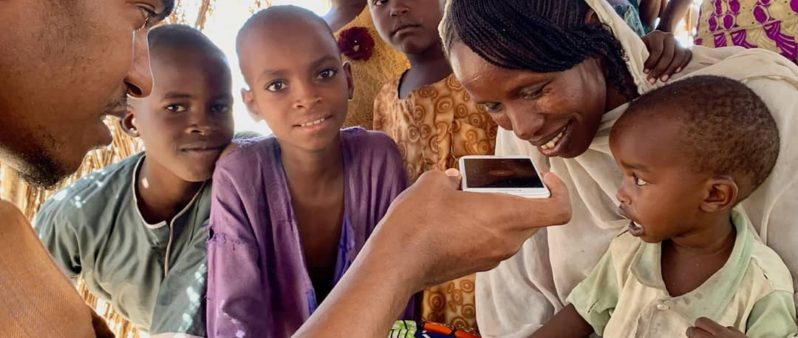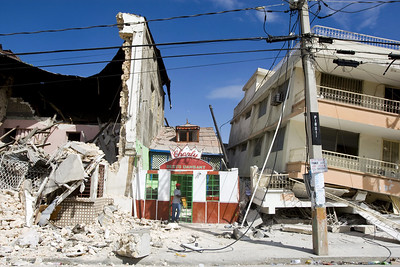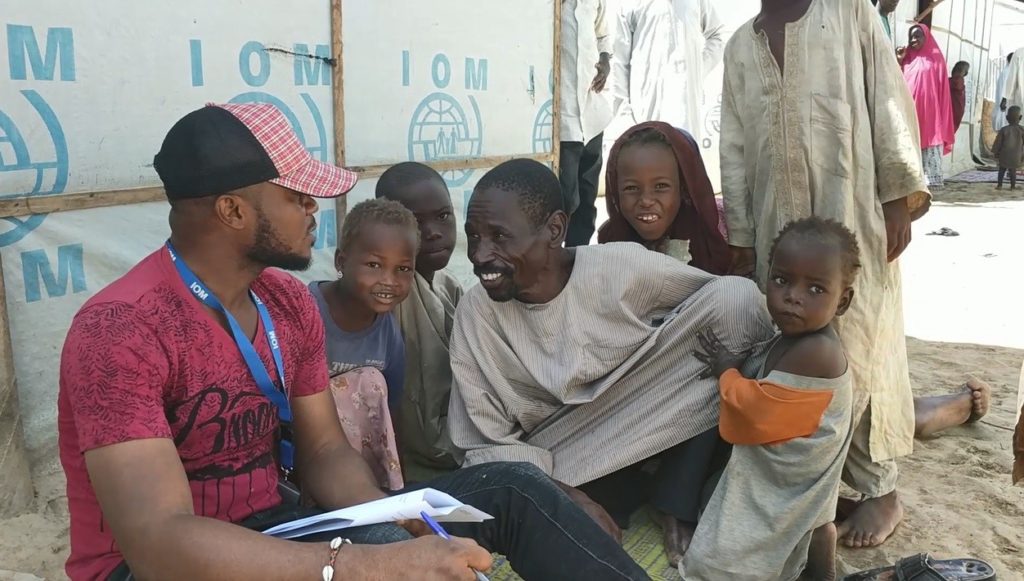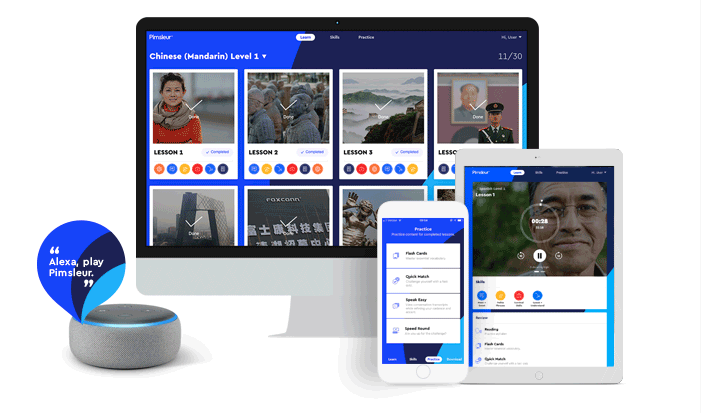
In Humanitarian Crises, Languages Can Literally Mean the Difference Between Life and Death.
We’ve already seen how languages can be vital on the front line with our Covid guide for treating Spanish patients.
Medical translations like these can help save lives.
But that’s not the only way.
Aid workers sent from NGOs may speak multiple languages, but in rural areas they’re unlikely to speak the same languages as the natives, meaning mistranslations and misinformation are common.
Why Languages Are So Important in Humanitarian Crises
During the West African Ebola crisis of the mid-2010s, language barriers were a real hindrance in stopping the disease from spreading.
Aid workers in Sierra Leone, Guinea, and Liberia couldn’t communicate with populations in the affected nations, especially in the rural regions. Although around 20% of people in these countries can speak French and English, as the NGO workers could, they are often only spoken as a lingua franca in the cities. Outside of the cities, people are more likely to speak only regional and indigenous languages.
Although information was provided in English or French to citizens, people misunderstood it on a large scale. UNICEF surveyed Sierra Leoneans and found that 30% of people thought Ebola was transmitted by mosquitoes. 4 in 10 people thought hot saltwater baths would cure the disease.
Tragically, this misunderstanding caused many more people to be infected and die.
Languages and Disaster Response During the Haiti Earthquake

The Haiti earthquake struck in the nation’s capital, Port-au-Prince, on January 21st, 2010.
For NGOs and disaster response agencies, earthquakes provide a different kind of challenge to other natural disasters. In a flood or hurricane, many people would sadly not survive the disaster.
With earthquakes, a higher proportion of people tend to survive the disaster and be left needing medical attention. This is exactly what happened in Haiti.
After the earthquake, there were thousands of people trapped and needing medical help. With the air and seaports out of action and most communication networks down, the aftermath was a truly terrifying time for Haitians.
One of the most immediate priorities for relief workers and victims in an earthquake is receiving and relaying information about health centers, food drops, and clean water. In addition, there were an overwhelming number of fractures and head traumas from the earthquake. There was an urgent need for surgeons and medics who could manage wound care.
Haiti’s proximity to the US – where many NGOs are headquartered – meant that it got a high number of respondents to the crisis. Doctors flew in from elsewhere in the Americas to help with the medical crisis, as did contractors and engineers to help with the logistical challenge of reconstructing the country.
Language Translation Rapid Response Teams
However, the main languages spoken in the US and the Americas are English and Spanish. On the other hand, most people in Haiti speak Creole, with the majority understanding French also: prior to the earthquake, French was the language most Haitian companies used when doing business overseas.
To work around this, the non-profit organization Translators Without Borders (TWB) assembled and organized a crowd of translators set them to work providing medical translations so that the American doctors’ knowledge could be understood by locals.
The American Red Cross also sent a ship of 78 Creole-speaking volunteers to act as interpreters on the ground.
By breaking down the language barriers, TWB and the American Red Cross were able to gain consent from Haitians to perform life-saving surgeries on them, explain treatments, and give them support, helping them to feel less afraid of the situation.
Incoming doctors were able to teach local doctors and nurses both how to perform treatments and the right kind of physical therapy aftercare for patients. This “teach a man to fish” approach empowered the local doctors and helped ensure a faster response to future crises.
Aid workers provided logistical support with getting food from the regions to Port-au-Prince.
The BBC Mundo service stepped in to provide valuable news, information, and support for locals in Haitian Creole, which was the first time they had ever broadcasted in this language.
Via their radio channels, they spread information vital for survival, such as the locations of field hospitals, rescue teams, water supplies, and food drops. This helped people to find their way to the support they needed.
The BBC also transmitted advice on cholera prevention, which was a secondary threat to survivors past the direct trauma from the earthquake itself.
Through all of these actions, the NGOs helped many people to survive the earthquake and showed that languages can save lives.
Translators Without Borders

If you feel confident in your L2 and would like to give translation a try, why not think about volunteering with the non-profit organization, Translators Without Borders?
With a motto of “A world where life-saving knowledge knows no language barriers”, their mission is to prevent unnecessary loss of life in humanitarian crises. They do this by combining the practice of speaking language and disaster response. They train translators and interpreters, making skilled volunteers available to support on-the-ground aid workers in the event of a disaster.
Name any large-scale humanitarian crisis from the last decade, and you can bet TWB will have played an important role: from helping Rohingya refugees in Bangladesh to providing support in the Yemen conflict, to translating valuable Zika virus education materials.
Translators Without Borders and the Coronavirus Crisis
In the face of the current Covid-19 crisis, TWB is currently translating educational materials into hundreds of languages to help protect nations who have not yet been hit as hard by the virus.
TWB not only support with crisis response but also lead preventative drives to educate and prepare the world for medical emergencies.
They are currently leading a project to translate the 100 most common medical Wikipedia pages into 100 of the world’s minority languages, including simple English.
This gives some of the poorest, most vulnerable people in the world the opportunity to turn an asset like the Internet into medical knowledge, something which they might not normally have access to. This can literally change the course of people’s lives following a medical emergency.
Be a Language Hero
We can help you with your language journey. Try any Pimsleur program free for a week and then as low as $14.95/ month.

No Comments for "How Languages Can Save Lives"